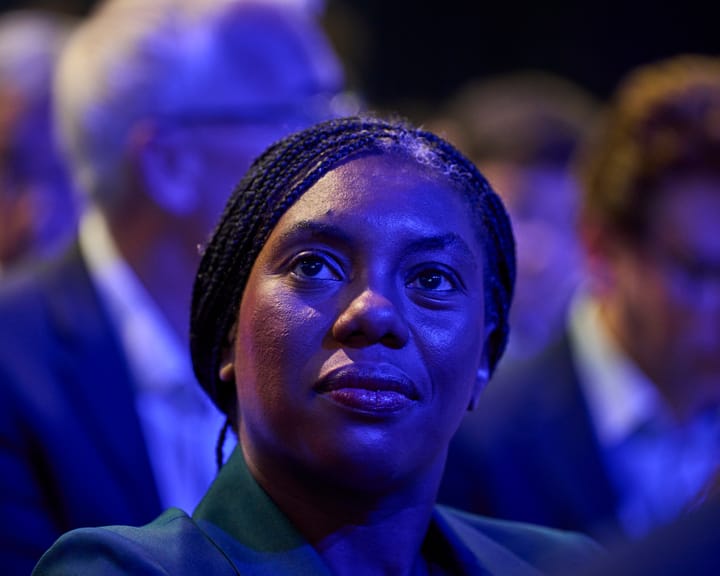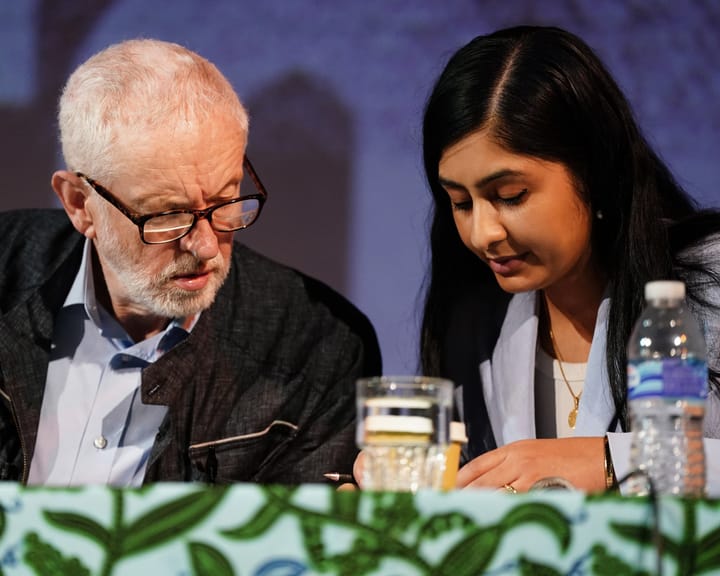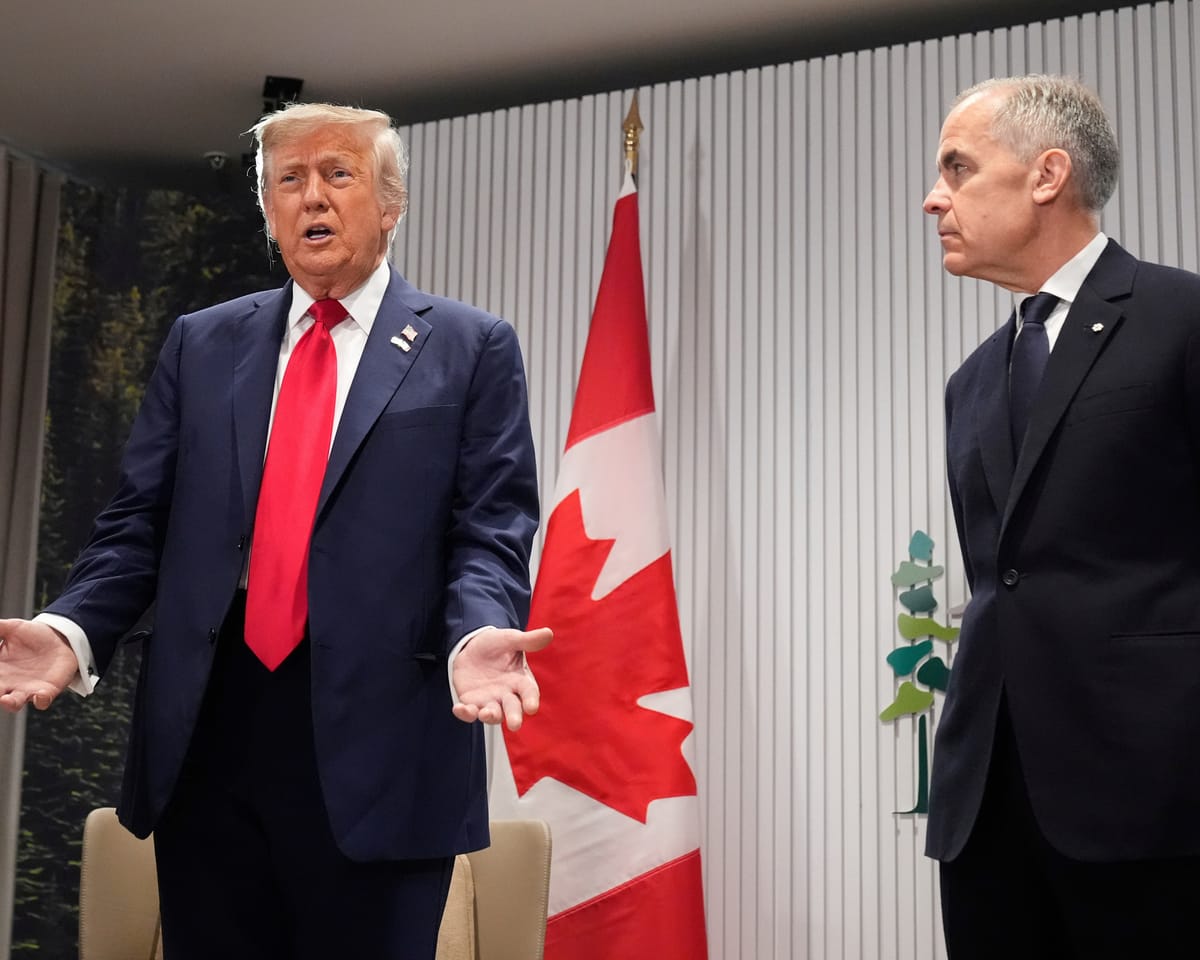Trump Lowers South Korea Tariff to 15% in New Trade Deal
President Donald Trump confirmed on Wednesday that the U.S. will impose a 15% tariff on imports from South Korea, reduced from an earlier proposed 25%, as part of an agreement easing tensions with one of America’s top trading partners and key allies in Asia.
South Korea also committed to investing $350 billion in U.S. projects chosen by Trump and purchasing $100 billion worth of American energy products, according to reports.
The agreement followed discussions between Trump and South Korean representatives at the White House amid a wave of trade policy updates. Many nations are seeking agreements before 1 August, when Trump has warned higher tariffs could take effect.
“The United States of America has agreed to a full and complete trade deal with the Republic of Korea,” Trump stated on social media.
The talks marked an early challenge for South Korean President Lee Jae Myung, who assumed office in June following a sudden election. Lee noted the deal removed uncertainty while keeping U.S. tariffs at or below those of other major competitors.
“We have overcome a major obstacle,” Lee posted online. Trump mentioned that Lee would visit the White House soon for his first meeting with the U.S. leader.
Under the deal, South Korea will admit U.S. goods, including automobiles and farm products, without applying import duties, Trump added.
However, South Korean officials clarified that domestic rice and beef markets would remain protected, with ongoing talks regarding U.S. requests on food regulations.
---
Trump Tightens Trade Pressure on Canada Over Palestinian Statehood Support
The Biden administration’s trade dispute with Canada escalated after Ottawa voiced support for Palestinian statehood, prompting Trump to threaten higher tariffs ahead of a 1 August deadline for negotiations.
Trump expressed frustration in a social media post, questioning whether a trade agreement could proceed under these circumstances.
If no deal is reached, Trump intends to impose a 35% tariff on all Canadian goods not covered by existing trade agreements.
Canadian Prime Minister Mark Carney had previously called discussions with the U.S. productive but warned they might not conclude before the deadline. As the second-largest U.S. trade partner, Canada is also the biggest purchaser of American exports.
Carney confirmed Wednesday that Canada plans to recognize Palestine at an upcoming United Nations meeting, following similar announcements by France and Britain.
Further updates on this situation will follow. In related developments:
As part of its revised trade deal with South Korea, the U.S. will apply a 15% tariff on imports from the country, avoiding steeper rates. Meanwhile, Trump increased tariffs to 25% on goods from India and 50% on Brazilian imports.
Read next

"Widow to forfeit half of pension scam compensation to taxes"
The relatives of a man who lost his retirement savings after becoming entangled in the Norton Motorcycles pension scheme fraud are set to forfeit nearly half of their compensation due to an obscure tax regulation.
After a prolonged effort to secure payment from the Fraud Compensation Fund (FCF), Robert Dewar’

"Has Kemi Badenoch Ended One Nation Conservatism?"
In one interpretation of the Conservative Party's electoral successes, its last three victorious leaders—John Major, David Cameron, and Boris Johnson—each entered Downing Street promoting unity and broad-based principles.
However, this year's gathering of Conservative members has been defined by tougher language on asylum policies

Zarah Sultana and Corbyn reconcile, poised to co-lead new party
Zarah Sultana and Jeremy Corbyn Reconcile Ahead of New Political Group Launch
Zarah Sultana has stated that she and Jeremy Corbyn have resolved tensions in their joint leadership of a new political initiative, comparing their dynamic to that of the Gallagher brothers from Oasis.
Speaking alongside Corbyn at the *World

